Everyone has a story to tell, from the most experienced, to those starting out in their career. To mark International Women's Day in 2024, AJC spoke to its two most senior female leaders, and asked some from the next generation about their journeys.
AJC is always working towards greater inclusion and diversity across its Sydney studio. This year, for the first time, we can say 48 percent of our workforce are women. In July 2023 we welcomed our head of education, Dua Green, as a new owner into the practice, the first woman to do so.
To mark International Women’s Day in 2024, we spoke to AJC Director Dua Green and Chief Operating Officer, Lynette Apostolou, about this year’s theme – ‘Invest in women: Accelerate progress’. We also spoke to three leading women in our practice about their journeys.
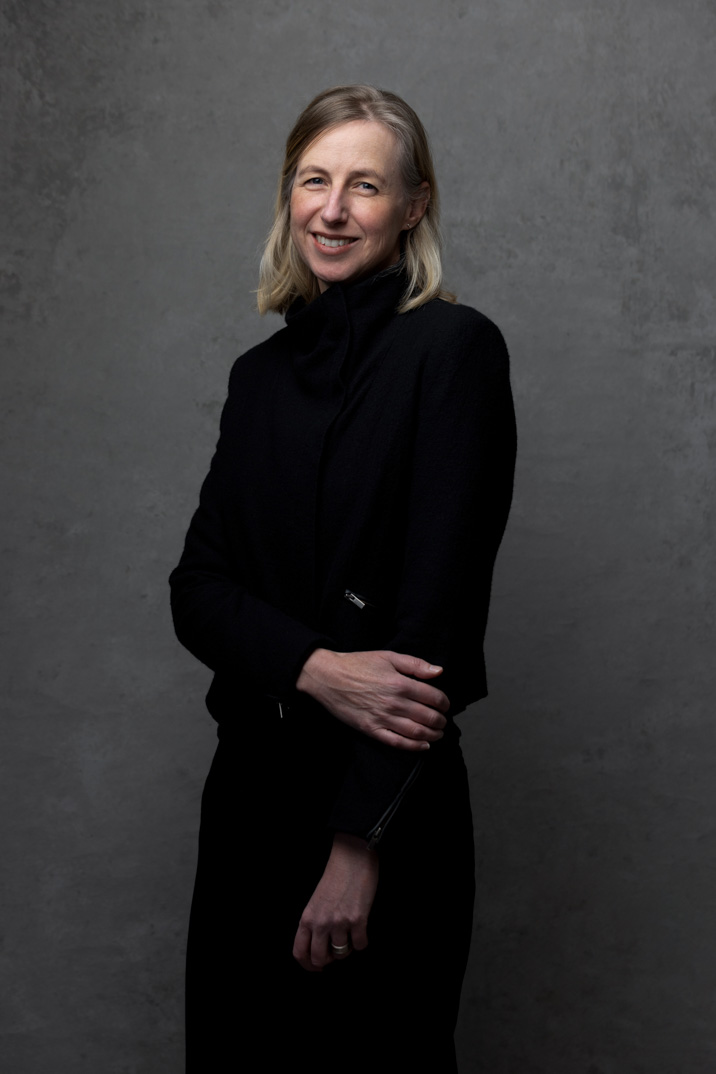
Dua Green, AJC Director
What does ‘Investing in women: accelerate progress’ mean to you?
For me it is about investing time. Taking time to listen, without judgement, to understand individual aspirations and situations, to hear how best these might be supported. I believe that acknowledging individual strengths and insight helps advance equality and diversity within AJC. And this collaboration drives innovation in our design dialogues and outcomes, contributing to responsible, inclusive environments for the wider community.
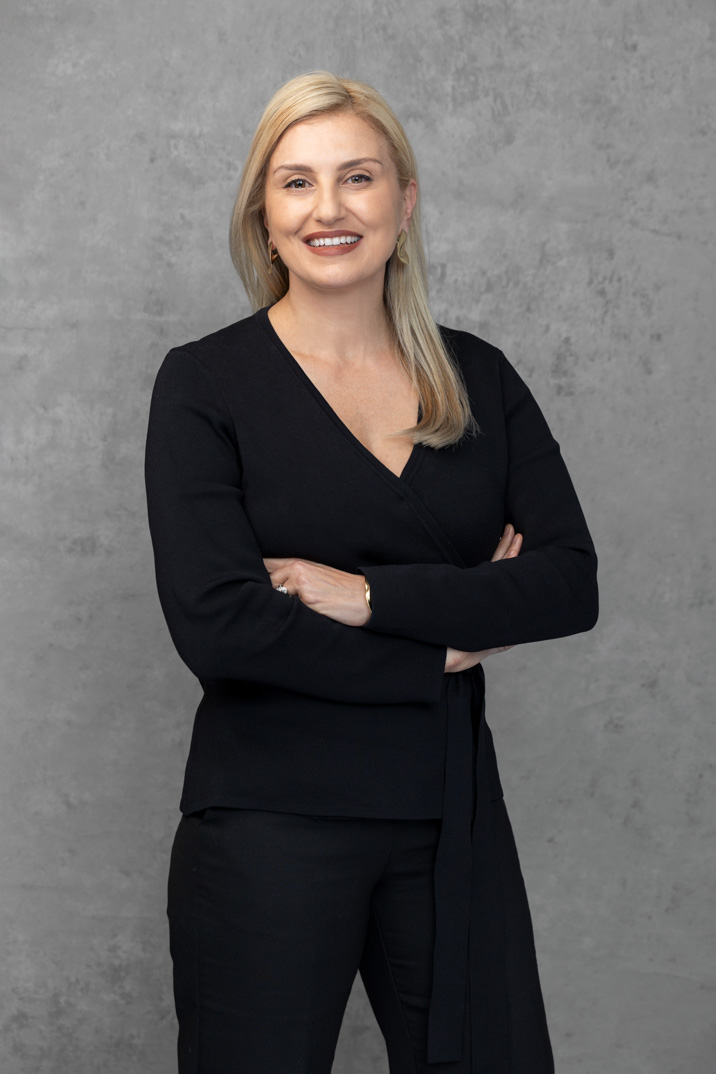
Lynette Apostolou, AJC Chief Operating Officer
What does ‘Investing in women: accelerate progress’ mean to you?
For me this means empowering women to empower others. Embedding knowledge in the next generation of women through mentorship and leadership. My experience over the past 25 years in the industry has enabled me to be a determined voice for changing how women are perceived and how they are represented in the industry. Investing my time in nurturing relationships between women to progress them and put them at the forefront. My ambition for the future is to have an equal voice at the leadership level and advocate a seat at the table for women.
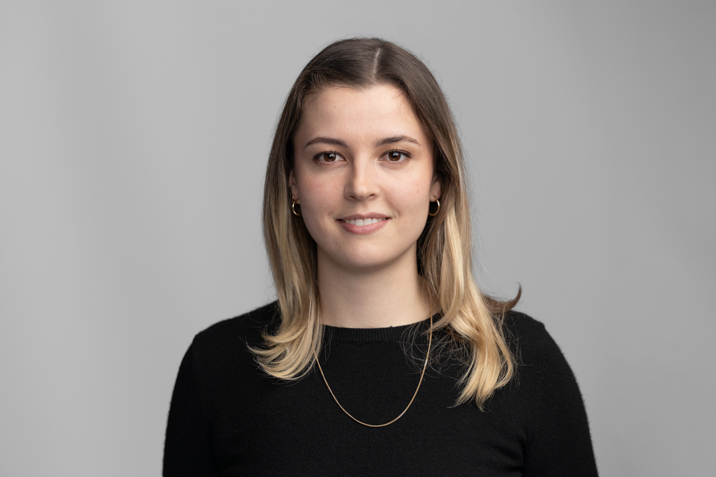
Sophie Corr, Designer
Tell us about your role at AJC and some career milestones?
I started working at AJC in 2018, just after completing my Bachelor’s degree, balanced both study and work through my Master’s. In my six years here, I’ve mostly worked on education projects primary and secondary schools in Sydney have included Abbotsleigh Senior Centre for Science & Arts, the Abbotsleigh Junior Library & Innovation Centre, Loreto Normanhurst Boarding House, Meriden Centre for Music and Drama and Sydney Grammar Weigall Sports Complex.
What are some projects you’ve worked on or led?
Working on the coordination of Sydney Grammar Weigall Sports Complex was very satisfying. There was quite a large consultant team on that project and I took a prominent role in coordination and problem solving to ensure the building functions properly. My current project is a much smaller scale but equally satisfying. It involves the reuse of an existing site into staff offices through a DA process, and I’m taking a lead role.
What challenges have you overcome, and what insights or advice do you have for aspiring female architects and designers?
It may sound obvious, but something important I have learnt is to trust myself and believe in my abilities, even if I am trying something new. More often than not, I am entirely capable of taking on something more challenging, and I feel this would be the same for many other young architects. It may be intimidating, but I am more scared of letting myself get in my own way.
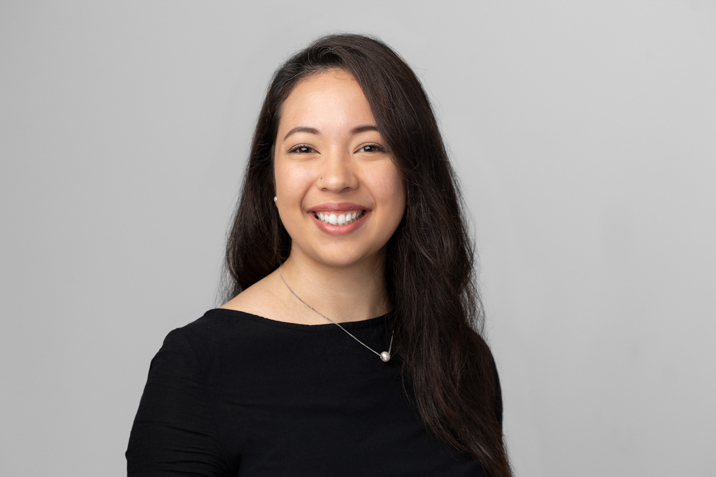
Sarah Veas, Senior Designer
Tell us about your role at AJC and some career milestones?
I Joined AJC in 2022 as a designer and was promoted to Senior Designer in 2023. I’m deeply interested in architecture for community, specialising in Social Agency through my Master’s degree. Around this time I was also awarded a scholarship to intern at Habitat for Humanity Cambodia.
My professional life has been about seeking opportunities to work with communities across diverse project typologies, from aged care to hospitality, from churches to community sports halls. I have also been lucky to work with great mentors who made sure I had a seat at the table, that I had a voice.
I have always looked for ways to establish Care in the work I do. Care takes many forms, but it’s fundamental to my development as a designer.
What are some projects you’ve worked on or led?
One of the projects I have been working on with the team is the delivery of PCYC Hawkesbury. The works have included upgrades to the existing sports halls, a new addition which provides a reception space, youth hub, multipurpose rooms, amenities as well as two additional sports courts. The care woven into the fabric of the building, as well as the ongoing care it provides to its occupants will be something I will continue to celebrate.
Despite the complexity of interfacing new elements with an existing building, it has been so rewarding to see the design translated from drawings to a functional space to service the local community. Often being the only woman in meetings or on site, it is still very apparent that there is a long way to go for gender equality within the industry. However, my experience on this project has been incredibly positive and have enjoyed collaborating with both the builders and clients to achieve a fantastic community space.
What challenges have you overcome, and what insights or advice do you have for aspiring female architects and designers?
When starting at AJC, I found a quote from John Allen which continues to resonate with me today:
“The ideal mind for an architect is one of sound knowledge and infinite care, one that can visualise the completed work, be able to think logically and systematically, and have a sound and thorough knowledge of the construction and building industry.” Denis ‘John’ Allen (1926-2022)
As a woman, the idea of care carries an inherent association with softness, nurturing and protection. As an architect, care may be more aligned with beautiful craftsmanship, Caring for Country or a building’s functionality. For me as both a woman and an architect, ‘infinite care’ combines the more technical aspects of considered design, sustainability and functional resolution with a holistic design process based on collaboration, knowledge sharing and a deep understanding of purpose. This is something I strive to develop and share with others around me.
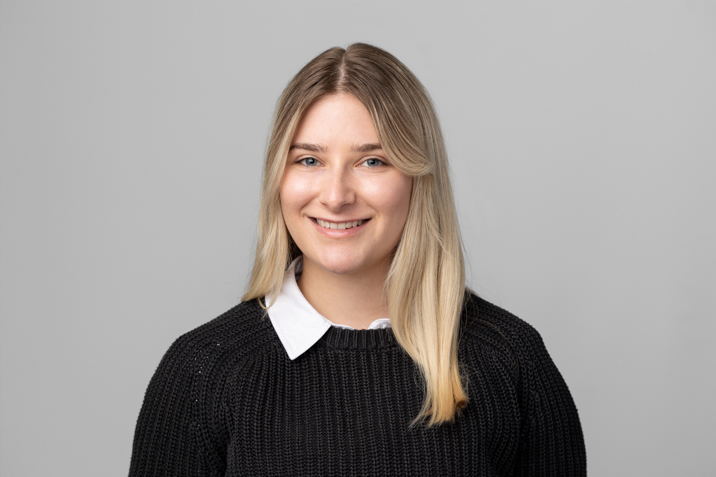
Simone Carmody, Graduate Designer
Tell us about your role at AJC and some career milestones?
I’m a graduate designer, and passionate about sustainable design with social purpose. I joined AJC as a student designer in 2022. In 2020, I was a part of the winning team for the Future Spaces Foundation annual design competition. Our winning scheme, called ‘In Transit’, looked to provide increased congregational spaces around public transport hubs as a way of tackling loneliness.
What are some projects you’ve worked on or led?
In 2023 I joined Learning Environments Australasia (NSW Chapter) which has been a fantastic experience, highlighting the importance of bridging the gap between occupants and designers. I’m currently focused on an immersive term-long camp for Year 9 students at a beautiful site on the mid north coast. The project focus is on regenerative design, creating simple, approachable buildings that feel at home in their rural setting.
I’ve been involved from the initial stages of the design competition through to construction and have learnt a lot as a result. It’s great to work on a project where the occupants will be able to engage closely with the architecture as a learning tool – hopefully this will inspire some students to go into architecture!
What challenges have you overcome, and what insights or advice do you have for aspiring female architects and designers?
I have been in many meetings, both formal and informal, where the room is referred to in a gendered manner, ‘Good morning gents.’ The subtleties that still exist in our profession are unfortunate reminders that I am not starting my career on a level playing field. In many of my consultant team meetings I have been the sole female, and my inexperience has often made me feel embarrassed: because as a graduate, my knowledge is limited due to my relative inexperience – not my gender – but the pressure is still there to prove my capability and knowledge as a woman.
My advice to aspiring female architects and designers is don’t be afraid to ask questions, especially if you hesitate to ask because of how it might make you look. Asking questions and clarifying things you don’t understand is the best way to learn and grow as a professional. And in my experience, most people are happy to share their knowledge and expertise. We shouldn’t limit our learning opportunities because of the fear we will be looked down on.
This article was written by AJC and republished by Architecture & Design.

